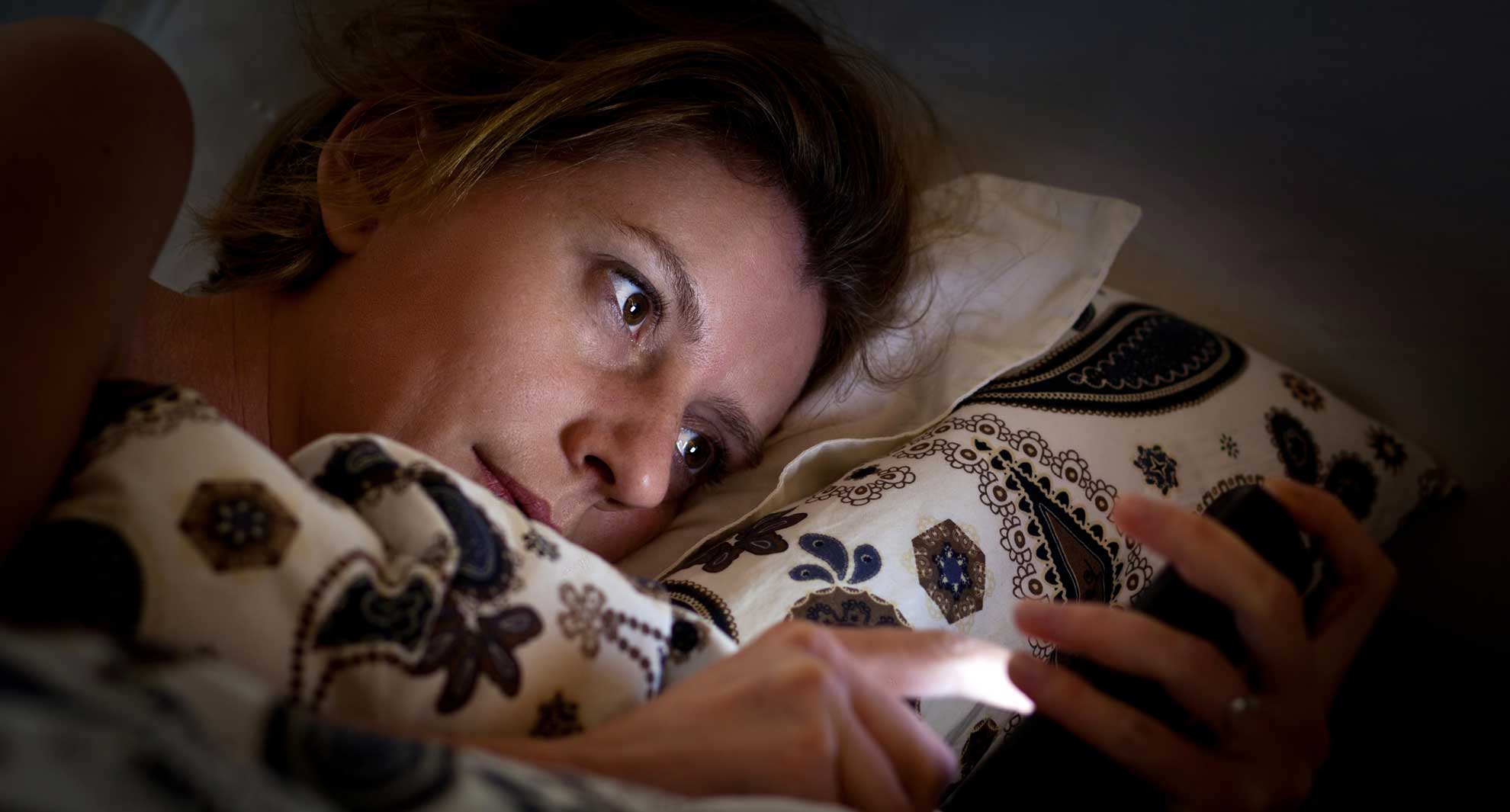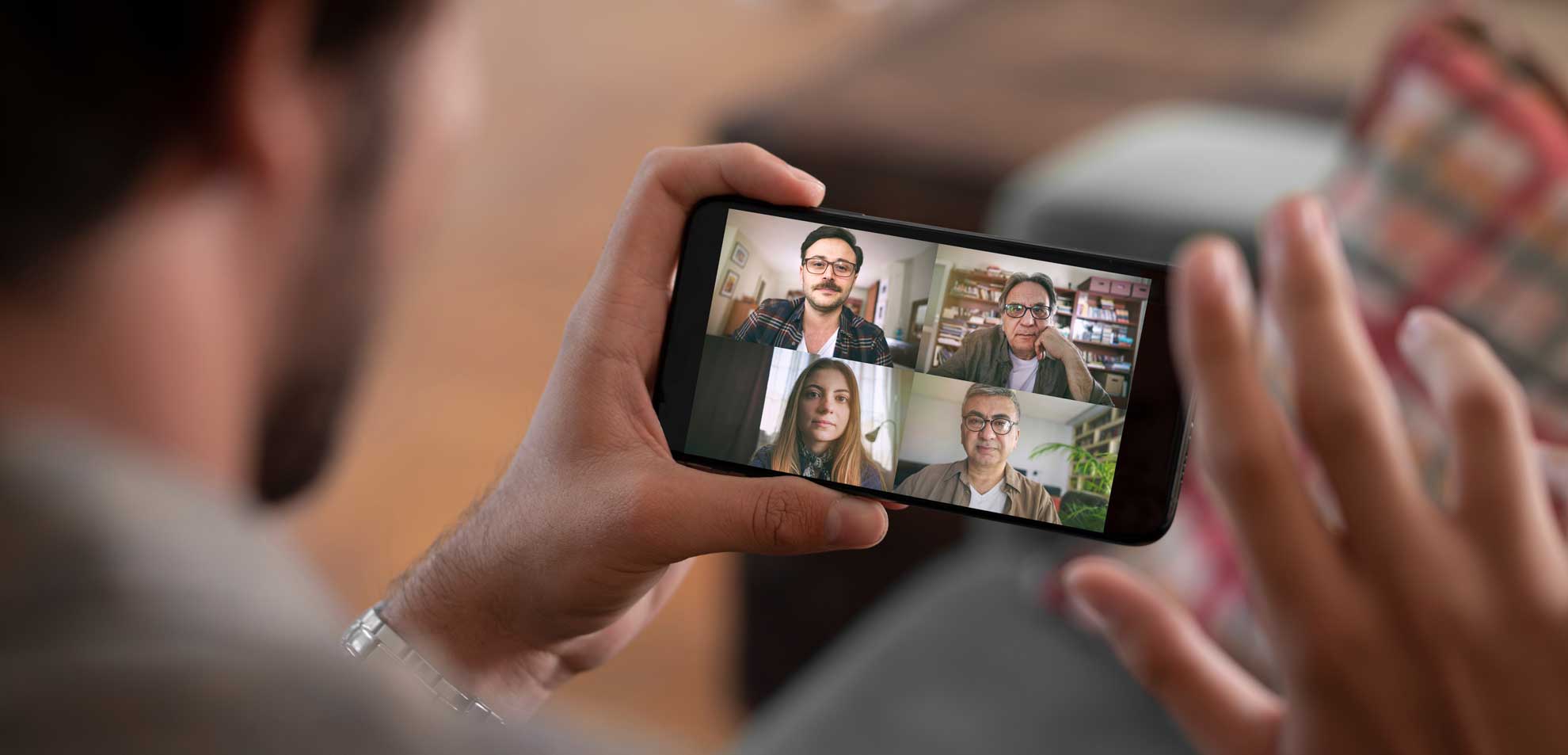Cell phones are valuable tools, but they have a dark side to them. In many cases, cell phones have been used as a means of distributing drugs to people. Most drug dealers use “burner phones,” which house their temporary phone numbers and accounts on social media. With communication so ubiquitous, it’s evident that getting drugs from social media would be an easy task. However, giving up a phone in rehab could be just as disastrous. Without the social support of others, some people relapse into their old behaviors. Inpatient facilities come in several varieties, with a few of them banning cell use outright, but the majority taking a more measured response.
Cell Phones in Addiction Treatment
A cell phone is a temptation. Through the window of social media, or even through a simple text, a person can conveniently get drugs delivered to them. Even if someone is inside a treatment facility, drug dealers can be resourceful enough to supply their clients. Cell phones have their positive sides too. With inpatient treatment requiring a person to distance themselves from their lives, friends and family may use it to keep in contact with them throughout their treatment. Cell phones can also provide a valuable resource as reading material to help someone understand complex topics that might help them overcome their addiction. That’s why rehab centers have to think carefully about how they approach the problem of cell phones in addiction treatment.
Limiting Usage vs. Banned vs. Cell Phone Friendly
A few rehab centers have outright banned cell phone usage in their facilities. They contend that it’s too much of a risk for patients to have access to potential resources that would fuel their slide into relapse. Banning cell phone usage is harsh, and many other facilities are more lenient with their cell use policies. Cell-phone-friendly rehab centers allow users to keep in touch with others through their cell phones. This approach makes the patient feel less uncomfortable and more “at-home” in their facilities. At the middle of the spectrum are facilities that limit usage to certain hours of the day. This approach allows the patient to keep in touch with friends and family but removes the temptation of the phone when they are most vulnerable.
What Is A Black Out Period?

In limited usage facilities, a blackout period refers to when a person isn’t allowed to use the cell phone. Blackout periods may vary, depending on several factors, such as how long the person has been at the facility and their level of recovery. In many of these rehab facilities, blackout periods will change the closer a person becomes to overcoming their addiction. The goal is not to deprive the user of their cell phone indefinitely, as a punishment, but to limit their ability to make bad decisions, which addiction tends to lead to.
Why Do Some Facilities Have a Black Out Period?
Some facilities allow a blackout period as a compromise. The risk of a cell phone in an inpatient facility becomes more pronounced during specific periods of a person’s recovery. Removing the cell phone during these periods makes it less likely to give in to their urges and make bad decisions. Therapy such as Cognitive Behavioral Therapy (CBT) works to help an individual recognize the negative thoughts that trigger the behavior and stop them because they lead to bad decisions. When a recovering person has gotten to this point, the blackout periods are likely to be less pronounced.
Reasons To Avoid Cell Phones in Treatment
Cell phones in treatment can be dangerous for several reasons. Among these are:
- Distractions: A recovering person can’t focus on their recovery because they’re being drawn into their phone’s social world
- Temptation: As mentioned before, being surrounded by easy means of getting drugs through the cell phone can be too much of a temptation
- Stress: Social media, in particular, is a source of anxiety and stress for many people in their daily lives.
Staying Connected During Inpatient Care

So, what about remaining connected to loved ones during rehab and recovery? Inpatient care usually means having a person separated from their lives to avoid negative influences on the recovery process. This approach gets a lot easier for the recovering person if they can retain contact with friends and family throughout the recovery process. Unfortunately, there’s also the danger of relapse through reconnection with questionable elements such as former peers or dealers. It requires a lot of willpower to avoid those connections and keep focused on one’s recovery.
Limited Usage and Other Exceptions
There are exceptions for cell phone use in many rehabs. In some cell-phone-friendly rehab centers, cell phones have a short usage period when they first enter. This limited usage keeps their temptation and distraction levels to a minimum while offering them a method of connecting to the outside world. Some facilities offer more widespread usage but have supervision during patients’ cell phone use periods. While it’s still not ideal, it’s better than a complete ban on cell phone use.
Keeping Up with Necessary Tasks
For some individuals, running their business or working remotely requires cell phone access. When a person’s livelihood depends on their interaction with a cell phone, depriving them could mean significantly impacting their earning potential. In some cases, keeping in contact with business connections might enable them to land a job when they get out of the facility. A facility needs to understand when cell phone limitations negatively impact a patient’s chances of resuming a regular life outside of the institution.
Choosing A Treatment Center Without Cell Phones
Treatment centers without cell phones allow for a more focused approach to rehab. While cell phone usage is a significant part of people’s social lives, it’s important to note when this impact leads to negative fallout for one’s recovery. Circle of Hope offers unique treatment options for individuals who want to truly leave their addiction behind. This dedication might even mean giving up cell phone use for a blackout period. If you want to learn more about our treatment options or have questions about our cell phone use policy, give us a call today. We’d be glad to answer any questions you might have. Let us help you leave your addiction behind.

